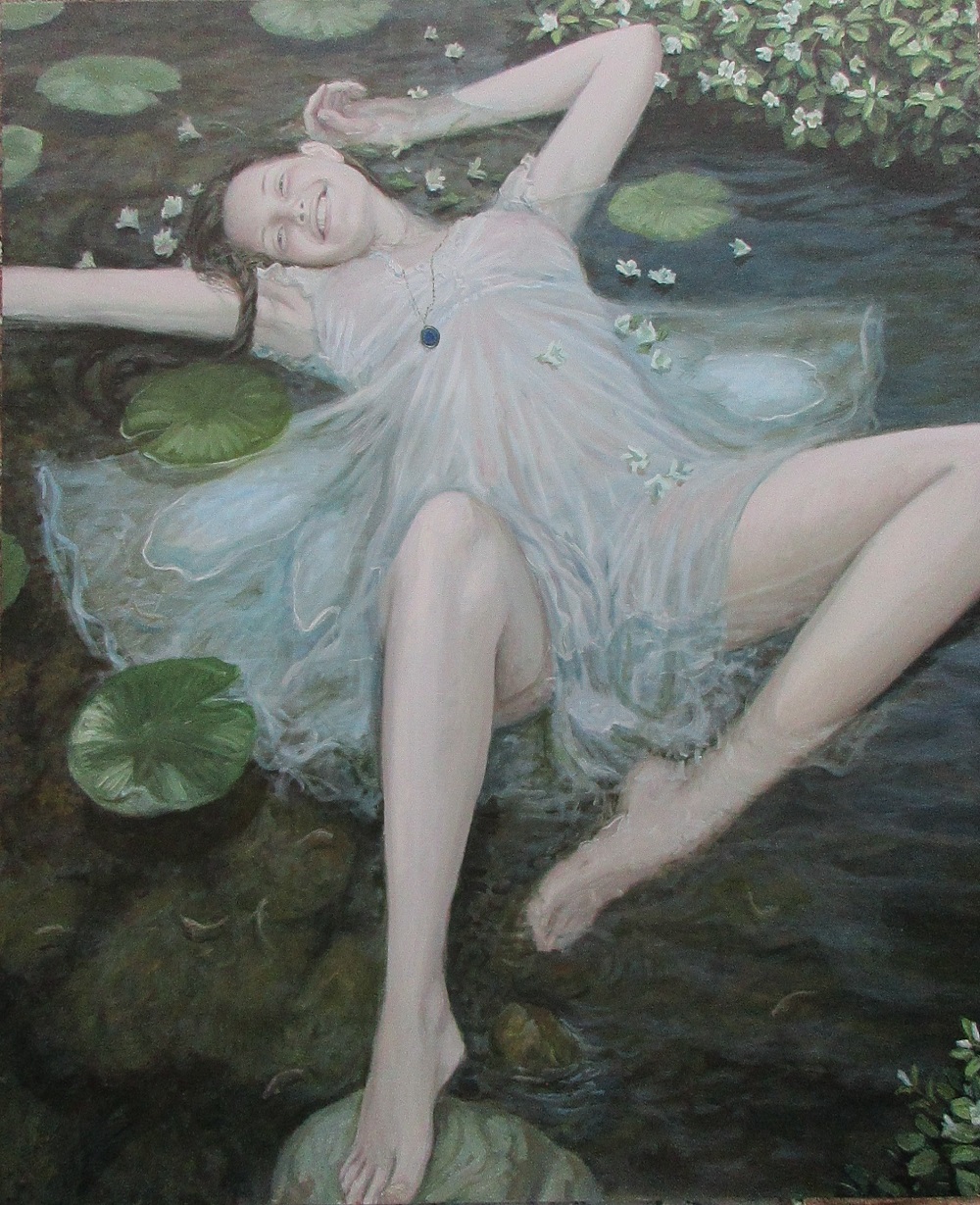
La volonté intérieure, θέλημα, libre de tout préjugé, doit nous guider. Elle fera triompher son amour. CONTINUE READING / CONTINUER LA LECTURE…

La volonté intérieure, θέλημα, libre de tout préjugé, doit nous guider. Elle fera triompher son amour. CONTINUE READING / CONTINUER LA LECTURE…
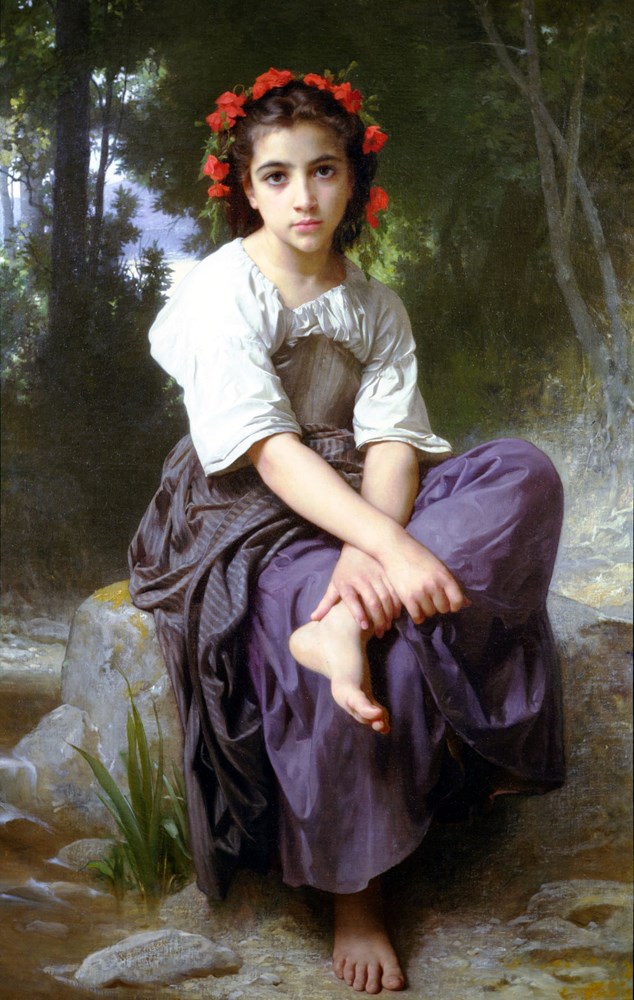
Asylum Poems, the fabulous collection of verses written by John Clare when he was interned in an lunatic asylum, is a real treasure full of beautiful love poems. I give here a charming one, devoted to a young beauty seen walking among the wild flowers of the mountain. CONTINUE READING / CONTINUER LA LECTURE…
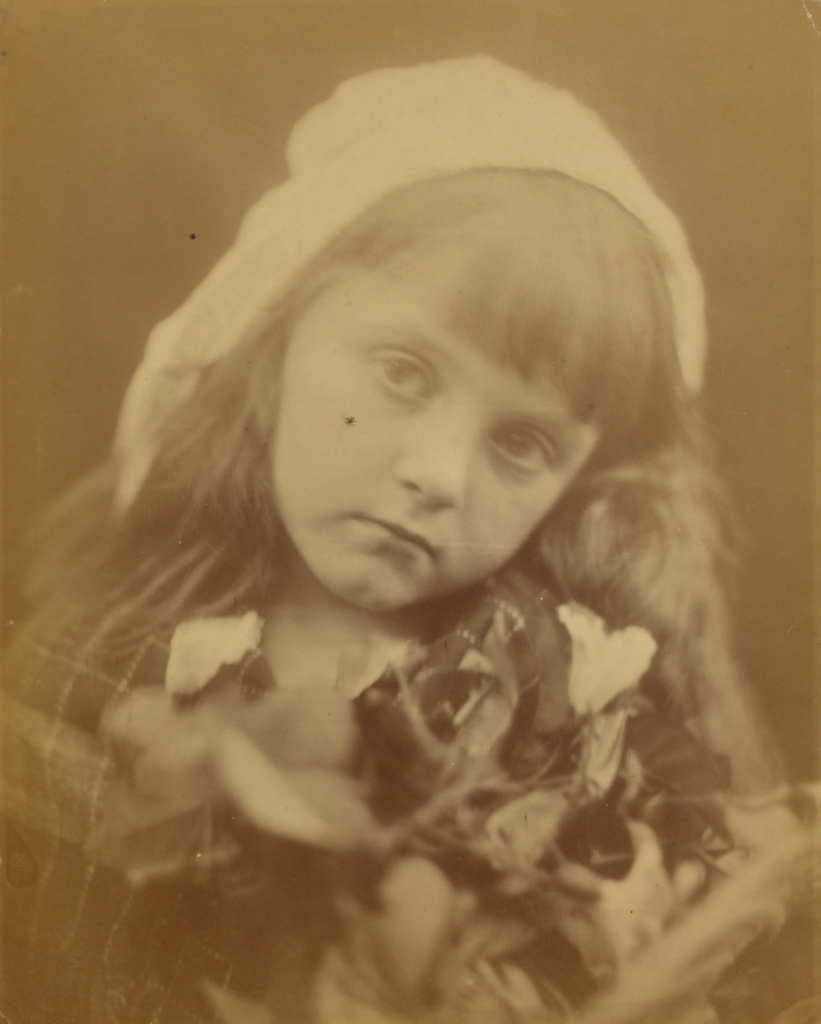
According to Desmond Flower, the poem Jadis was written on August 24, 1889, and it was then called “Rondeau.” It seems that it was first published in Dowson’s volume Decorations in 1899. The title is the French translation of the poem’s first word “Erewhile.” CONTINUE READING / CONTINUER LA LECTURE…
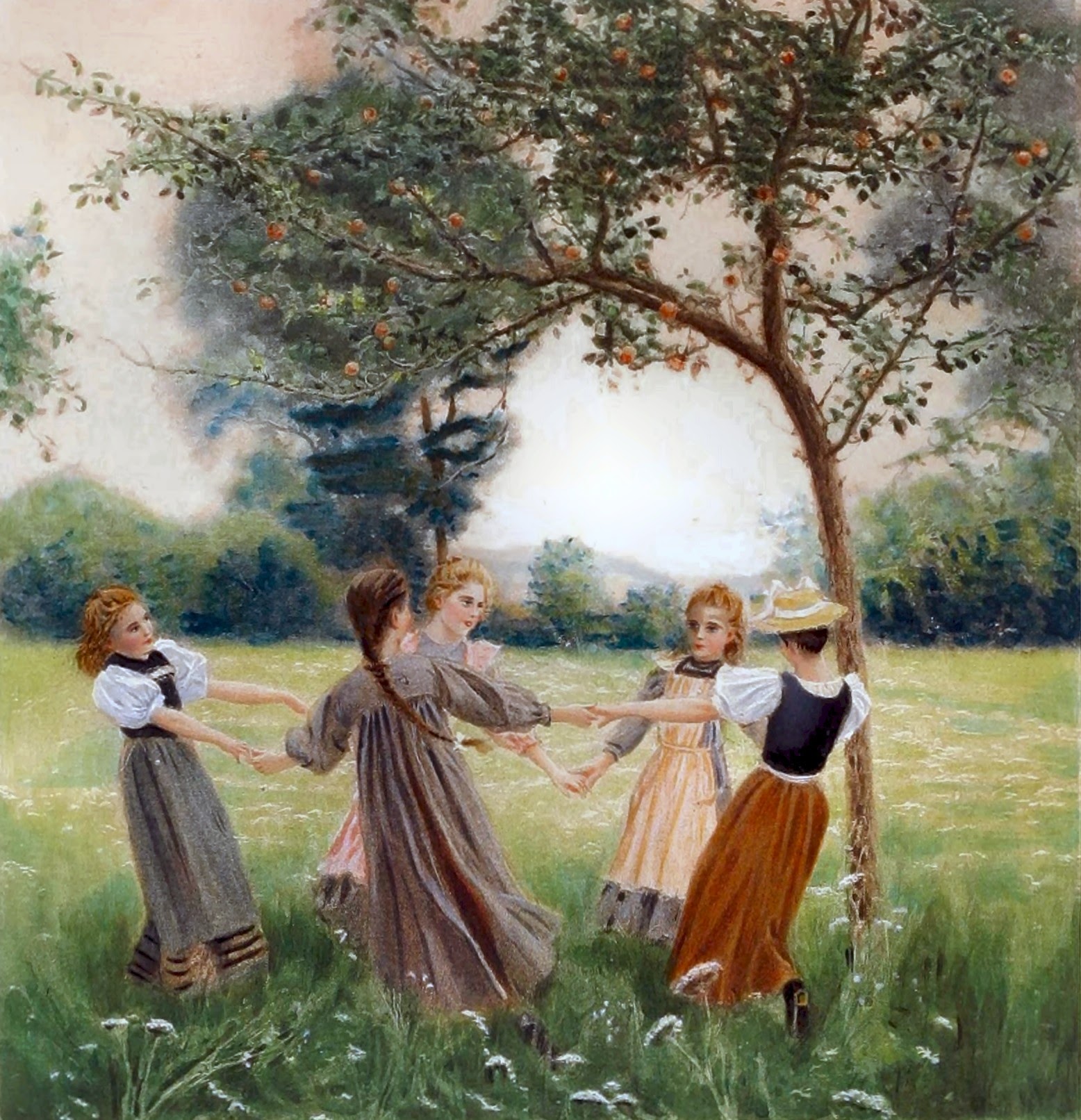
Arnaud Berquin, né à Bordeaux le 25 septembre 1749 et mort à Paris le 21 décembre 1791, est un écrivain, dramaturge et pédagogue français. Il débuta par deux recueils poétiques, les Idylles (1775) et les Romances (1776), et se spécialisa ensuite dans la littérature pour la jeunesse ; il est connu en particulier pour L’Ami des enfants, publié en 12 volumes de 1782 à 1783. CONTINUE READING / CONTINUER LA LECTURE…
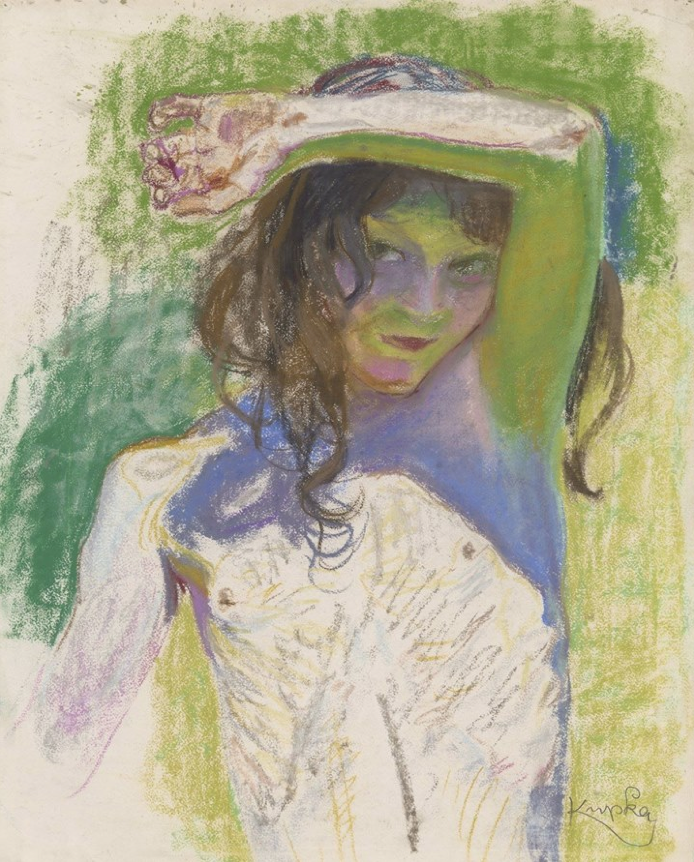
I give here yet another love poem from Asylum Poems, the fascinating collection of verses that John Clare composed when he was interned in an insane asylum because of his schizophrenic hallucinations. Contrasting with his numerous sentimental poems, this piece is sensuous and wild; behind poetic images—and a silence—hides the poet’s fullness of heat and passion. CONTINUE READING / CONTINUER LA LECTURE…
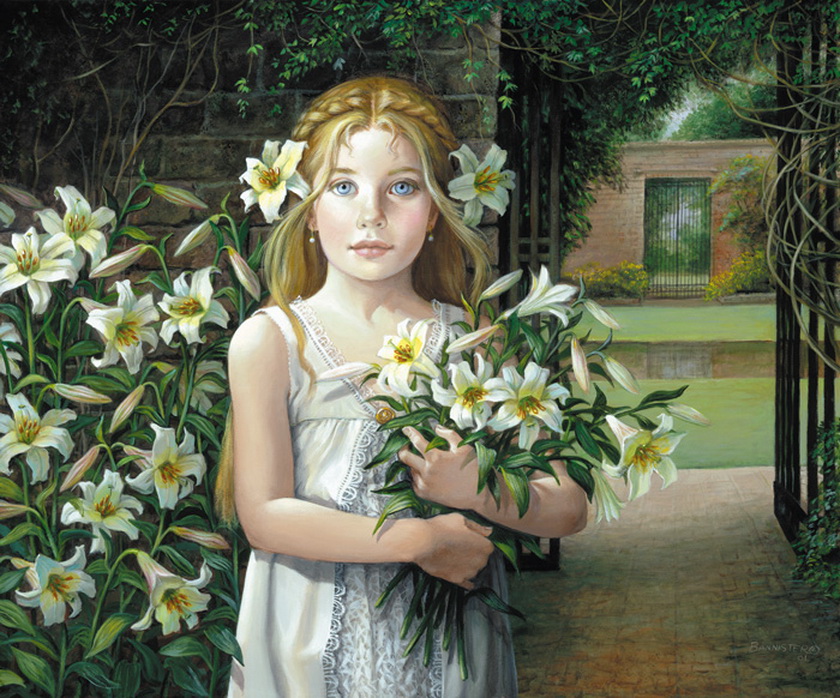
Dowson’s poem Transition was probably first published in the volume Decorations in 1899. According to Desmond Flower, Dowson wrote it on December 26, 1890 (thus a few weeks after Ad Domnulam Suam, of October 19, 1890). In a letter to Arthur Moore dated the same day, he wrote (the misspelling of the name “Carroll” is Dowson’s, not mine): CONTINUE READING / CONTINUER LA LECTURE…
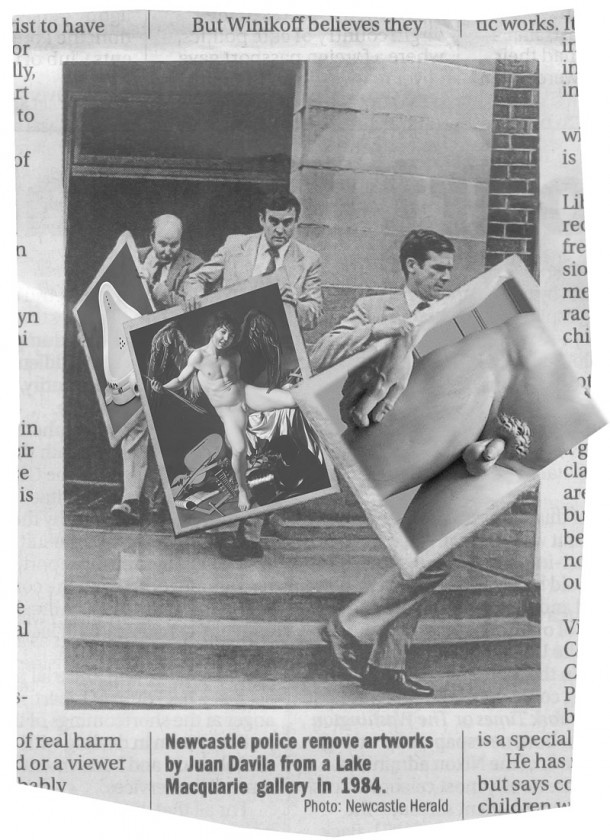
What spirit is so empty and blind, that it cannot recognise the fact that the foot is more noble than the shoe, and skin more beautiful than the garment with which it is clothed?
— Michelangelo
In recent years, Pigtails in Paint suffered repeated attempts at censorship, and Poets and Lovers became a “collateral damage” of these attacks. Today I will discuss the first source of censorship, so-called “child protection” organisations. CONTINUE READING / CONTINUER LA LECTURE…
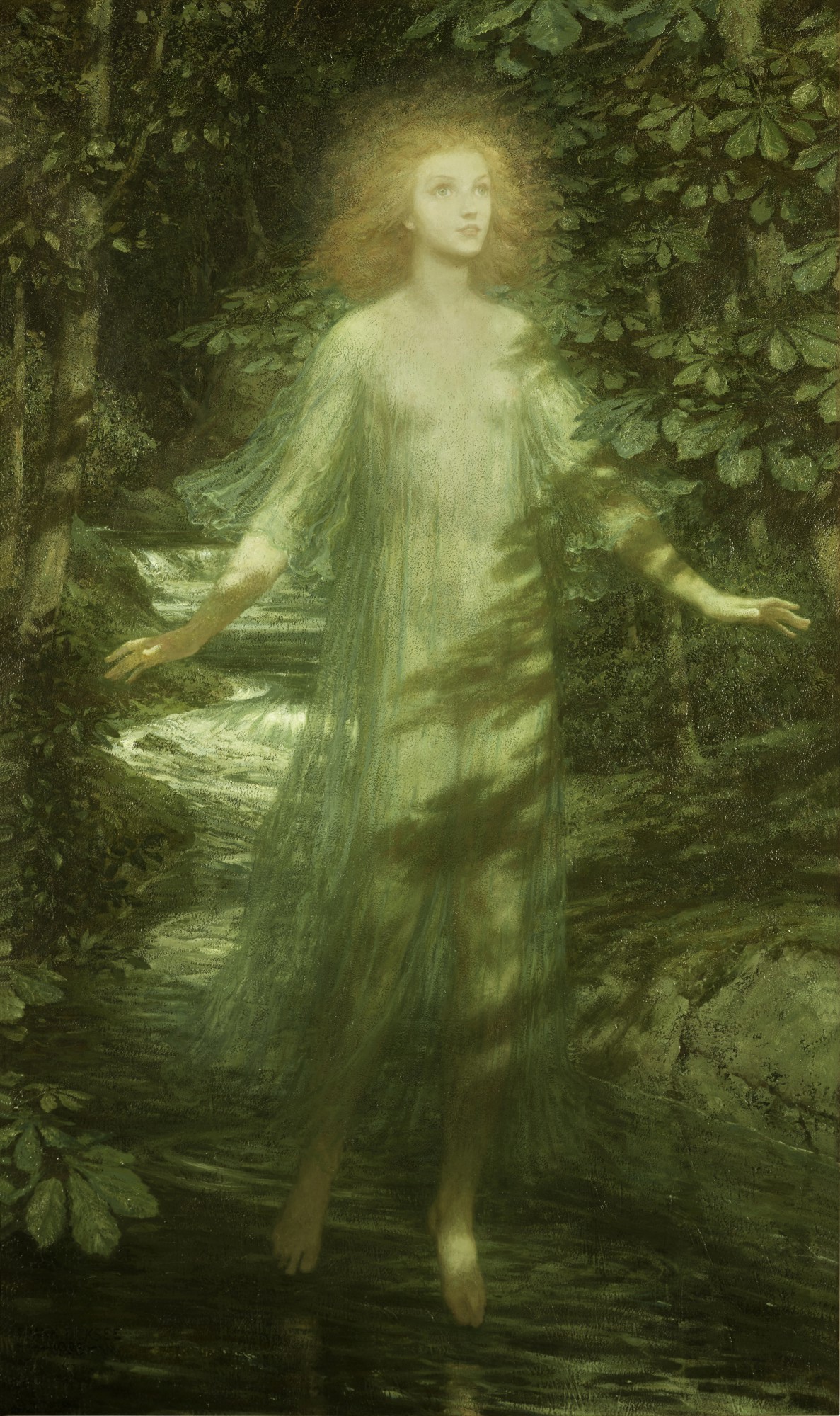
Un roman écrit par un sorcier en 1917 peut guider nos passions. Il n’y a ici aucune fiction. Tout cela est vrai. CONTINUE READING / CONTINUER LA LECTURE…
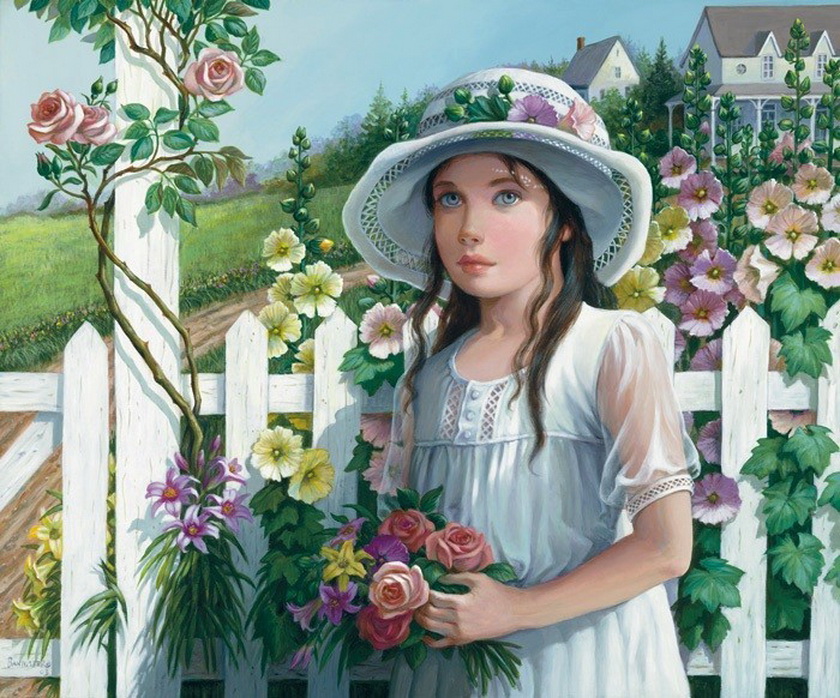
This is probably one of the best-known poems of John Clare. Again, it comes from the collection Asylum Poems that he wrote while he was interned in a lunatic asylum. CONTINUE READING / CONTINUER LA LECTURE…
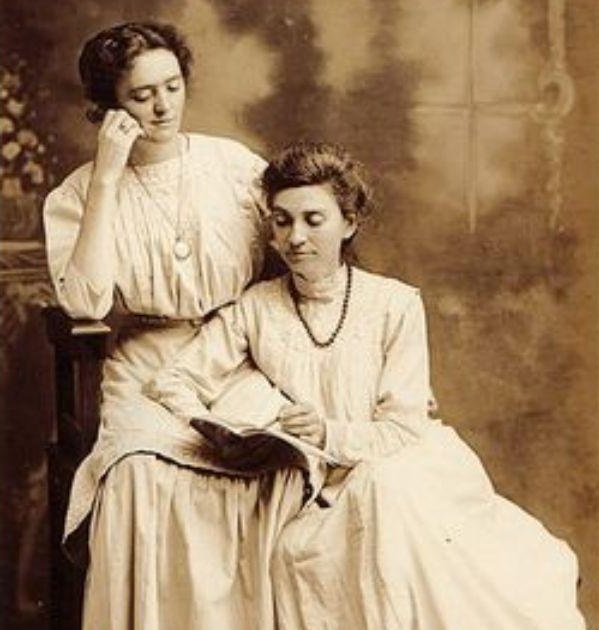
In a recent post, I gave some excerpts of love letters exchanged by Katharine Bradley and Edith Cooper in 1885, the year they celebrated their private marriage. Today, I give two beautiful short quotes from further love letters. Again, they are taken from their complete correspondence edited by Sharon Bickle, and I will refer to these letters by their number in that collection. CONTINUE READING / CONTINUER LA LECTURE…